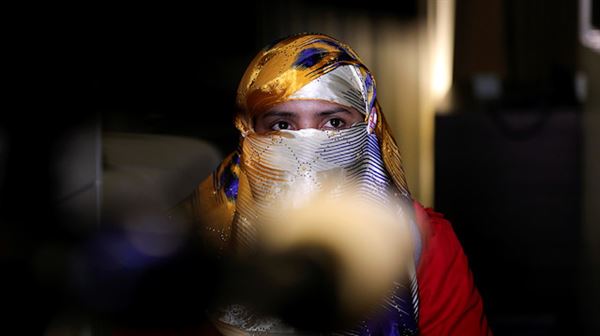Members of Myanmar's Rohingya Muslim minority prayed for justice on the eve of hearings at the U.N.'s International Court of Justice during which lead
Members of Myanmar’s Rohingya Muslim minority prayed for justice on the eve of hearings at the U.N.’s International Court of Justice during which leader Aung San Suu Kyi will defend the country against genocide charges.
Gambia launched proceedings against the Buddhist-majority Myanmar in November, accusing it of violating its obligations under the 1948 Genocide Convention. It is only the third genocide case filed at the court since World War Two.
During three days of court proceedings Suu Kyi, a Nobel Peace laureate, is expected to repeat denials of genocide.
This week’s proceedings before a panel of 17 judges will not deal with the core allegation of genocide, but Gambia has requested a court order for Myanmar to halt any activity that may aggravate the dispute.
Gambia will argue that Myanmar’s forces carried out widespread and systematic atrocities under a campaign known as “operation clearance”, from August 2017 that constituted genocide.
Its court petition accused Myanmar of genocidal acts “intended to destroy the Rohingya as a group, in whole or in part, by the use of mass murder, rape and other forms of sexual violence, as well as the systematic destruction by fire of their villages, often with inhabitants locked inside burning houses.”
More than 730,000 Rohingya fled Myanmar in 2017 after the military-led crackdown and were forced into squalid camps across the border in Bangladesh.
Hasina Begum, 22, said she was among many women raped by Myanmar soldiers who also burned down her village.
“They have done these things to me, to my relatives and my friends. I can tell them face to face, looking them in the eyes, because I am not lying,” she told Reuters.
Leaving the refugee camp in Bangladesh for the first time since she fled, Hasina arrived in The Hague on Monday with two other victims and an interpreter.
“I feel great,” Hasina said from her hotel room on the eve of hearings. “Myanmar military raped many of our women. We want justice with the help of the international community.”
Back at the camp, some Rohingya said they were praying to see justice delivered, while others posted on Twitter that they intended to fast to mark the event.
The United Nations has said the campaign was executed with “genocidal intent.” While the United States stopped short of calling it genocide, it said the acts amounted to “ethnic cleansing” and imposed sanctions against military leaders.
Gambia, a tiny, mainly Muslim West African country, will argue that by either enabling or failing to prevent genocide Myanmar failed to meet its requirements under the convention.
The tribunal, also known as the World Court, has no enforcement powers, but its rulings are final and have significant legal weight.
